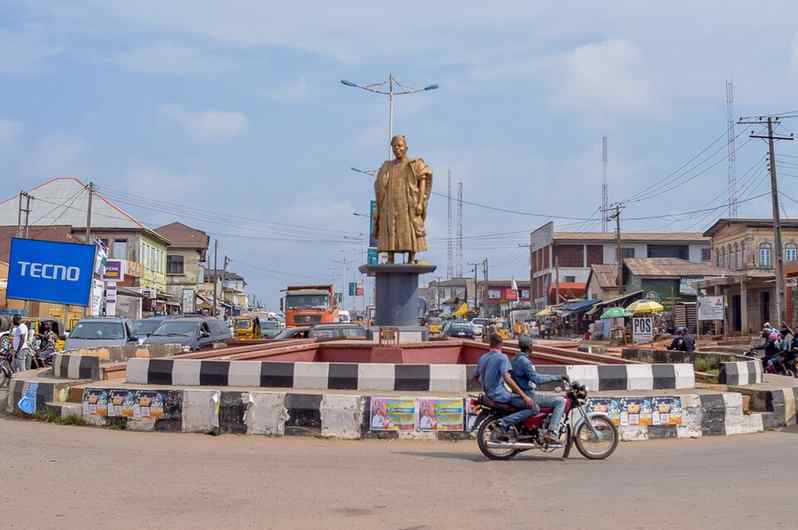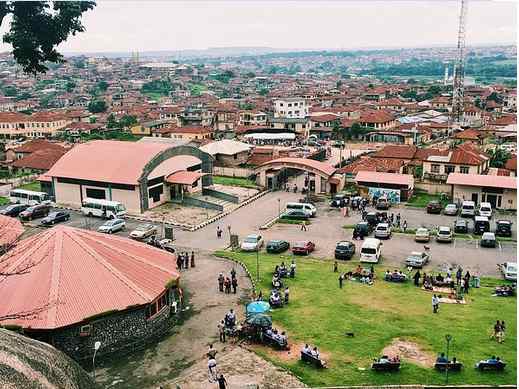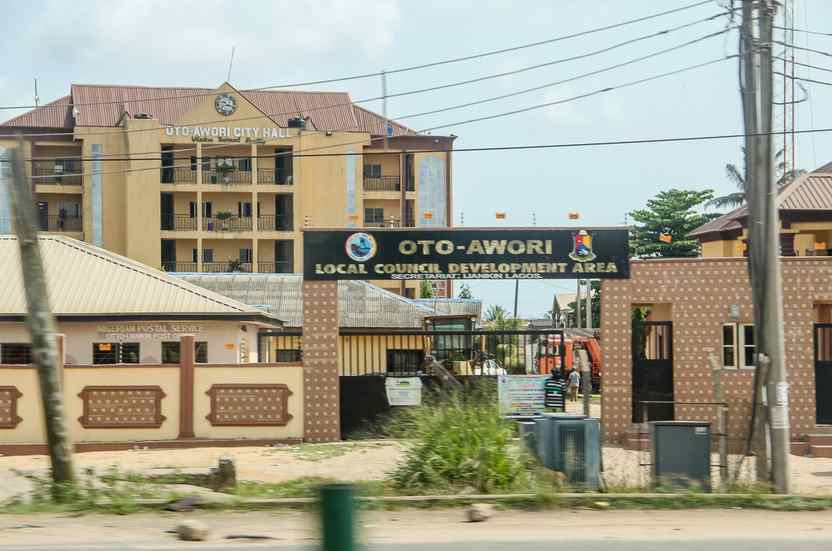
support@yorubalibrary.com
+2348073529208, 07038599574

The Ijebu are one of the most prominent subgroups of the Yoruba people, known for their long history of trade, craftsmanship, and cultural pride. Located in present-day Ogun State in South-West Nigeria, the Ijebu Kingdom has a special place in Yoruba history as both a political powerhouse and an economic hub. Its influence spread far beyond its borders through well-organized trade routes and a network of skilled merchants who dominated commerce in kola nuts, textiles, and other goods.
Oral traditions trace the origin of the Ijebu to migrations from Ile-Ife, the ancestral home of the Yoruba, under the leadership of early rulers whose vision and strategy shaped the destiny of the people. Over centuries, the Ijebu developed a reputation for discipline, unity, and a strong sense of identity. Their walled towns, impressive craftsmanship, and organized governance structure distinguished them among other Yoruba groups.
Today, the Ijebu people are celebrated for their cultural festivals, industrious spirit, and entrepreneurial excellence. Their Oriki reflects the glory of their ancestors, the wealth of their land, and the pride of their heritage.
Location and Geography
Ijebu territory lies in the eastern part of Ogun State, stretching from the inland forest zones to coastal lagoons. Major towns in the Ijebu area include Ijebu-Ode (the political capital), Sagamu, Ijebu-Igbo, and Epe. The region enjoys fertile soil for agriculture and has historically served as a bridge between the hinterland and coastal ports.
Cultural and Historical Significance
The Ijebu Kingdom has a centralized monarchy headed by the Awujale of Ijebuland, one of the most respected traditional rulers in Yoruba land. The annual Ojude Oba Festival is a colorful display of pageantry, music, and unity that attracts thousands of visitors. Historically, the Ijebu controlled trade routes linking the Yoruba interior to the Atlantic coast, especially during the pre-colonial era when they were major suppliers of agricultural products.
People and Occupations
The Ijebu are well-known traders, farmers, artisans, and business owners. They have made significant contributions to Nigeria’s economic growth through their involvement in commerce, manufacturing, and banking. The kola nut trade, in particular, remains a historical hallmark of Ijebu enterprise.
Unique Features of the Ijebu Homeland
The region boasts cultural landmarks, including the Awujale’s Palace, ancient city walls, and markets. Its people are also renowned for their culinary specialties, such as ofada rice and Ijebu garri, which are enjoyed far beyond Ogun State.
Oriki Ilu Ijebu
Below is the traditional Oriki (praise poetry) of the Ijebu people.
Ijebu omo alare,
omo awujale,
omo arojo joye,
omo alagemo ogun woyowoyo,
Omo aladiye ogogomoga,
omo adiye balokun omilili,
ara orokun, ara o radiye,
omo ohun seni oyoyonyo,
oyoyo mayomo ohun seni olepani,
omo dudu ile komobe se njosi,
pupa tomo be se okuku sinle,
omo moreye mamaroko,
morokotan eye matilo,
omo moni isunle mamalobe,
obe tin benile komoile baba tobiwan lomo,
Omo onigbo ma’de,
omo onigbo mawo mawo,
omo onigbo ajoji magbodowo,
ajoji tobawo gboro yio di ebora ile baba tobi wan lomo.
Ijebu omo ere niwa,
omo olowo isembaye,
towo kuji to dode, koto dowo eru,
koto dowo omo.
Orisa jendabi onile yi,
niwan finpe igba ijebu owo,
kelebe ijebu owo, ito ijebu owo,
dudu ijebu owo, pupa ijebu owo,
kekere ijebu owo, agba ijebu owo.
Ijebu ode ijebu ni,
ijebu igbo ijebu ni, ijebu isara ijebu ni,
ayepe ijebu, ikorodu ijebu ijebu noni,
Ijebu Omo Oni Ile nla,
Ijebu Omo Alaso nla!
Ajuwaase ooo
Conclusion
The Ijebu Kingdom’s legacy is one of commerce, leadership, and cultural pride. From their control of trade routes in pre-colonial times to their modern role in Nigeria’s economy, the Ijebu have always been at the forefront of progress.
Need more? Browse through our Oriki Gallery today, at zero cost.

Check out the detailed Oriki of Abeokuta, the capi…

The authentic Oriki of the Awori people, one of th…